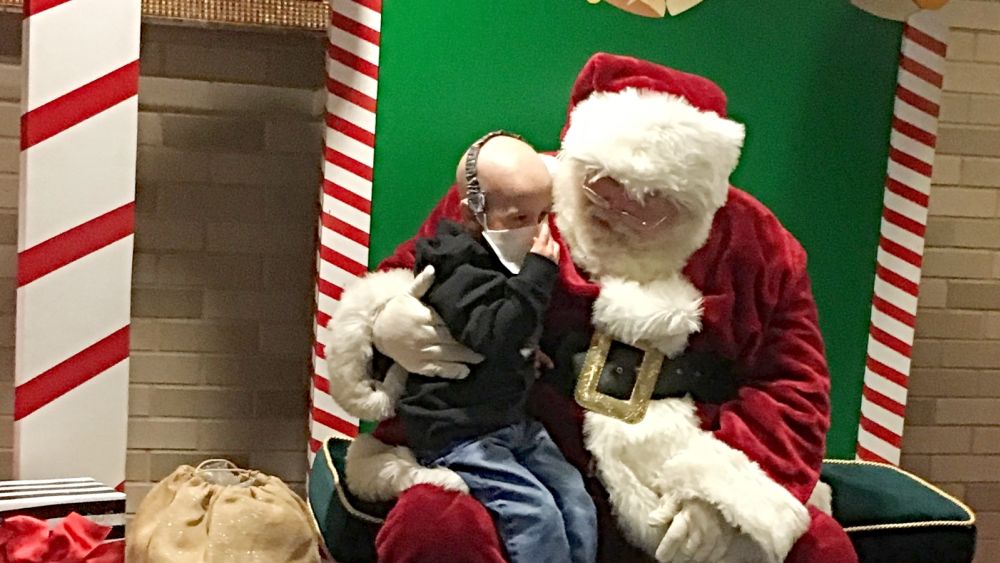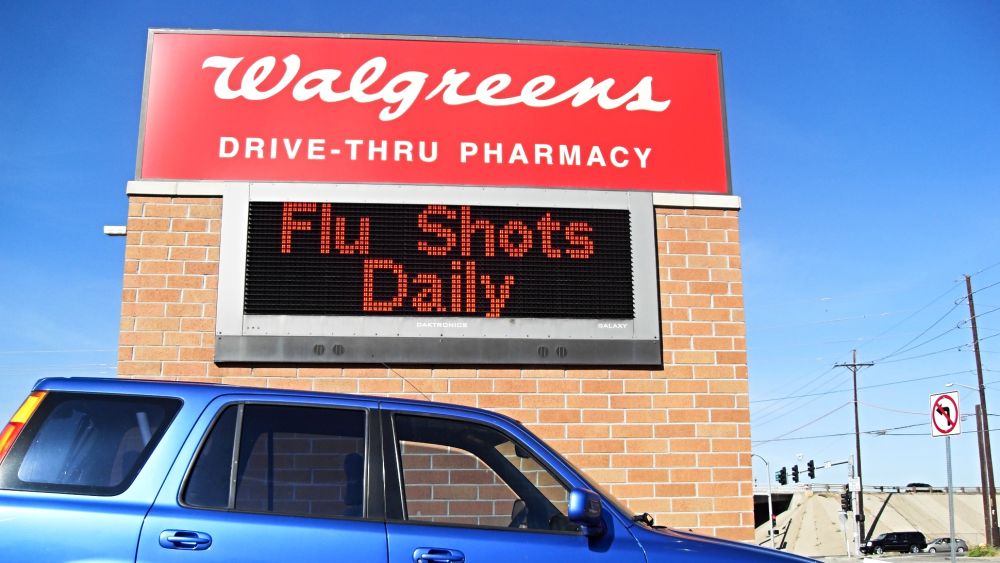Death by Suicide - A Growing Public Health Crisis
Stacy Matson | Celebrity Health

image by: manhhai
Suicide is a serious thing. And if you know anyone who is suicidal, you need to get them help. No one should be in pain. Everyone should love themselves - Gerard Way
Why? How could they? What were they thinking? Why didn’t they talk to someone? Why were they so sad? Why didn’t I see the signs? Why? Why? Why? These are the desperate, futile questions that haunt the friends and family of someone who has died by suicide. These people are called suicide survivors - the ones left behind, wracked with guilt, grieving, and struggling to rationalize an irrational event. Maybe their loved one was having financial problems, work problems, or relationship problems? Maybe they had been diagnosed with an illness they couldn’t face?
Death by suicide is a complicated, misunderstood act of hopelessness usually attributed to mental illness, addiction, or trauma. And the need to figure out "why" someone feels that suicide is their only option can be torturous for the survivors. Especially when the only honest answer to the “why?” question is - I don’t know. I don’t know why someone would take their own life. I don’t know how they could do it. I don’t know what they were thinking. I don’t know why the didn’t talk to someone. I don’t know why they were so sad. I don’t know how I missed the signs. I don’t know what I could have done to stop them...
According to the CDC 44,000 people commit suicide every year in the United States. That’s 123 deaths per day. One every 13 minutes. Shocked? Yeah, me too. Unfortunately, this already high number is likely to increase over the next few months due to something called the celebrity suicide effect, aka suicide contagion. Suicide contagion is a phenomenon in which the suicidal death of a celebrity contributes to a rise in suicidal behaviors among others. And, we’ve had three celebrity suicides recently: Avicii, Kate Spade, and Anthony Bourdain.
John Draper, director of the National Suicide Prevention Lifeline, said that, “highly publicized suicides can lead others, who are already at risk, to take their own lives… When people who are having suicidal thoughts see outwardly happy, famous people dying by suicide, it makes them feel more hopeless. They think ‘they had it all and couldn’t fix their problems. What’s to stop me?’ ”
The deaths of these three celebrities within weeks of each other are not just tragic coincidences. If anything, these deaths are a reminder that many people suffer, and you can’t assume that success, wealth, and admiration will lead to happiness. Their deaths are also indicative of a growing public health crisis. You see, suicide rates have increased by 30% over the last 20 years making it number 10 on the top 10 causes of death. In fact, suicide is the only cause of death in which the rate is increasing, the other 9 are decreasing, or stabilizing.
What pushes a person to take their own life?
What we know is that suicidal people are experiencing intolerable emotional pain, which they believe to be unrelenting. They feel hopeless and trapped. They feel that they are in a deep, dark hole and there is no escape. Often they feel the world would be better off without them. Or, that they wouldn’t be missed.
Therefore, helping the suicidal person recognize that their situation is temporary and that there are options to manage their pain is imperative if we want to end this epidemic. Especially since you probably know someone who is struggling with depression or suicidal thoughts right now. And they are most likely hiding it from you.
Signs that someone might be considering suicide:
- Verbal threats such as, “You’d be better off without me”
- Expressions of hopelessness and helplessness
- Previous suicide attempts
- Risky behaviors
- Personality changes
- Depression
- Giving away prized possessions
- Lack of interest in future plans
If you think someone is considering suicide:
- Trust your instincts. If you think someone is at risk, they probably are
- Talk with the person about your concerns. Listen to them
- Ask direct questions to determine if the person has a specific plan to carry out the suicide. The more detailed the plan, the greater the risk
- Get professional help, even if the person resists
- Do not leave the person alone
- Do not judge them
Remember, people who talk about suicide, threaten suicide, or call suicide crisis centers are 30 times more likely than average to kill themselves. Take them seriously.
If you, or someone you know, needs help call the National Suicide Prevention Lifeline at 1-800-273-TALK. Or, text CONNECT to 741741
Stacy Matson is a health enthusiast from Southern California and regularly blogs on Celebrity Health for A Healthier World, as well as contributing to the Best of Best.

Introducing Stitches!
Your Path to Meaningful Connections in the World of Health and Medicine
Connect, Collaborate, and Engage!
Coming Soon - Stitches, the innovative chat app from the creators of HWN. Join meaningful conversations on health and medical topics. Share text, images, and videos seamlessly. Connect directly within HWN's topic pages and articles.
















